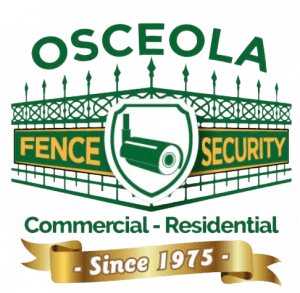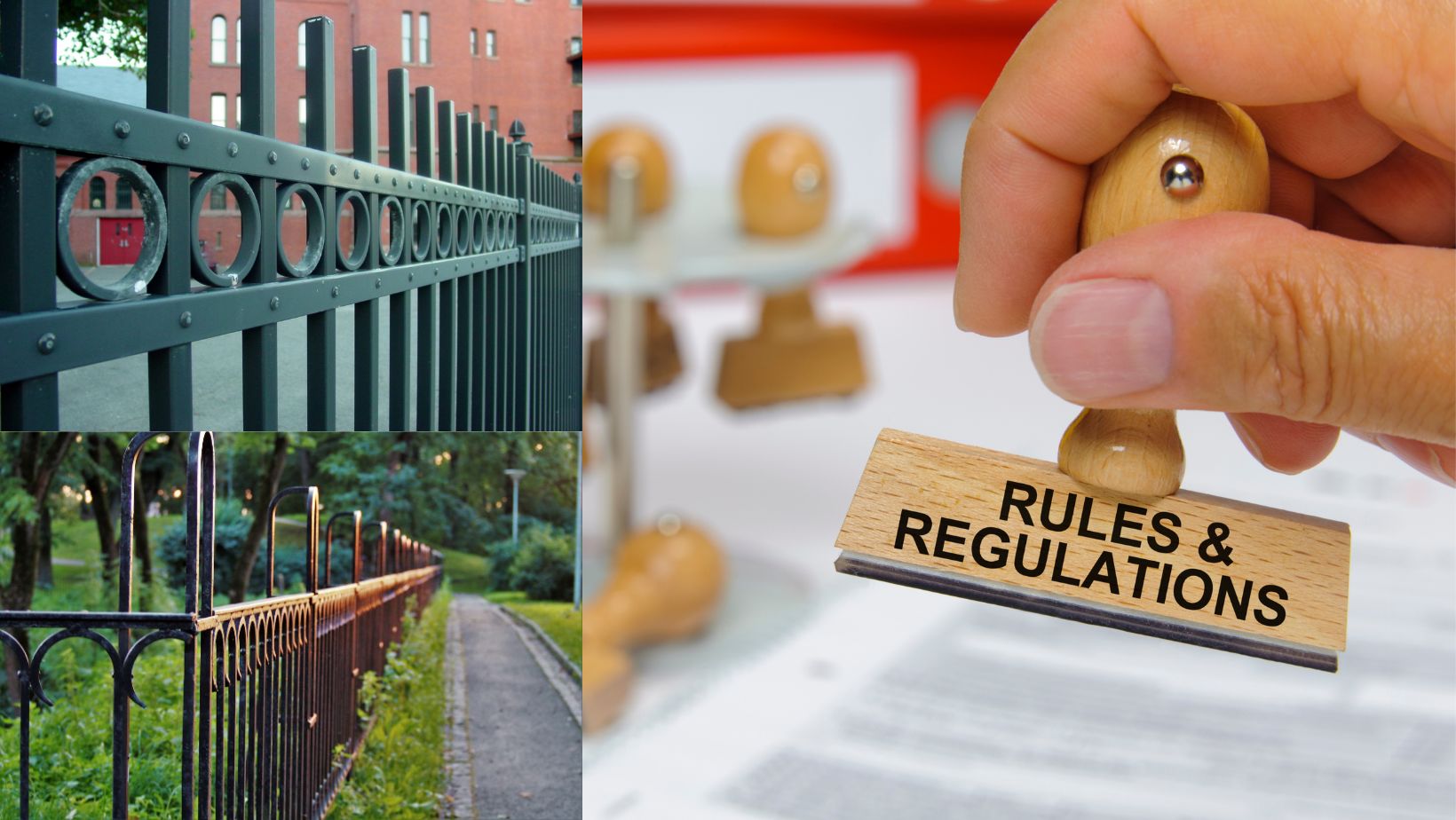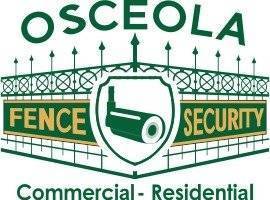Are There Specific Rules For Installing A Metal Fence In Residential Areas?
Have you ever make yourself this question?: “Are there specific rules for installing a metal fence in residential area?”. Firstly, a metal fence comes with the promise of increased security and privacy. Besides, they become very popular for homeowners. However, before you install a metal fence around your property, there are some regulations you must adhere to. These rules differ from state to state, so it is important to consult with local authorities before beginning the project.
On the other hand, if you want more information, we leave you other post, that you might find interesting:
 Are you looking for install metal fence?
Are you looking for install metal fence?
Come and learn more about our fences, we have a variety of styles: Composite fences Chicago, Vinyl fence chicago, Iron fence chicago and more!
We are the best Chicago Illinois fence company, with 45 years of experience call us for a free quote!
What do you need to install a fence?
Typically, you will need to apply for a permit and meet certain standards regarding aesthetics and safety. At the beginning of the project, you should be aware of the layout and placement of your fence. Depending on your local regulations, fences may not exceed a certain height, and in some cases, may need to measure a certain distance away from sidewalks or public roads. You should also be aware of any nearby houses or buildings, as there could be regulations governing the placement of fences in close proximity to other structures.
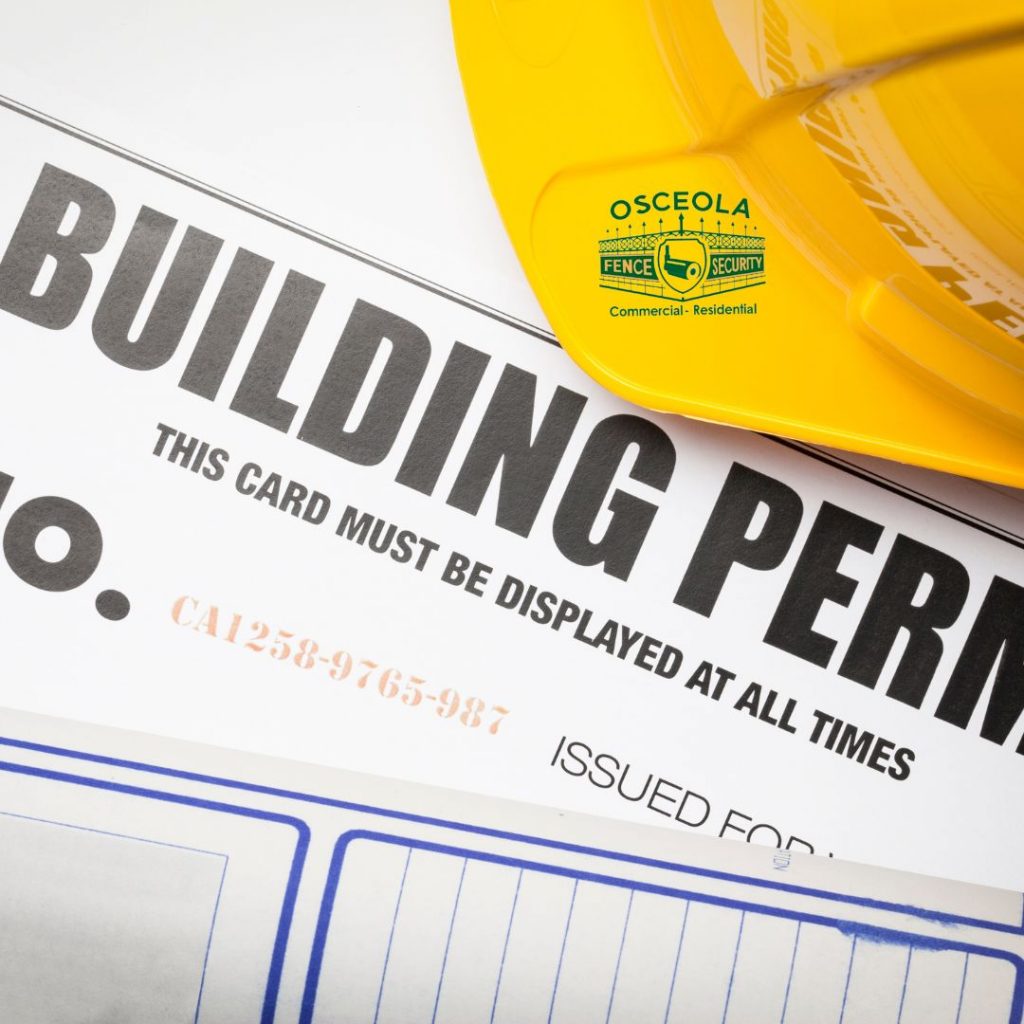
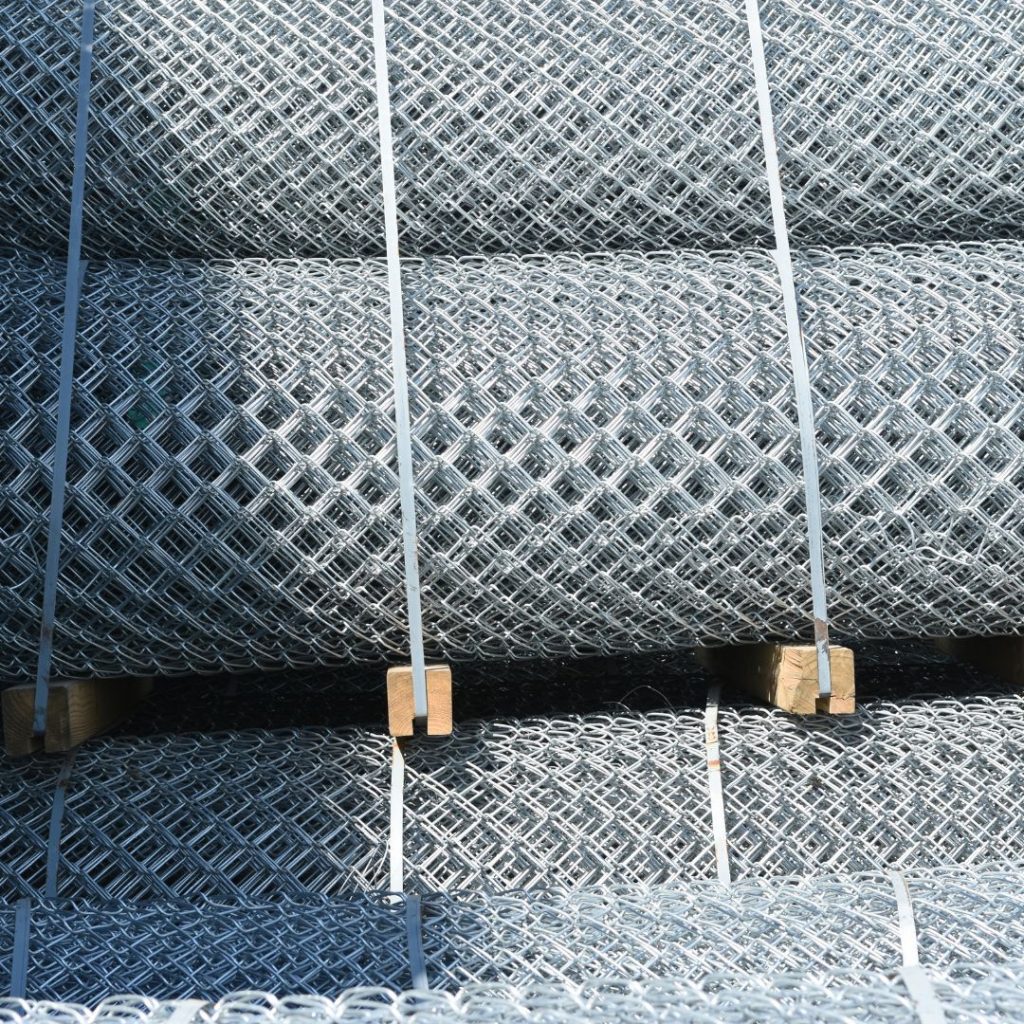
When it comes to the materials used, most states require that fences are made of durable material that can withstand weather elements. This means that many areas will only approve metal fencing that is galvanized or otherwise coated in an anti-rust material. It’s also important to check with local authorities regarding the types of gates permitted and the reinforcement that can be used.
 Are There Specific Rules For Installing A Metal Fence In Residential Areas??
Are There Specific Rules For Installing A Metal Fence In Residential Areas??
Of course, so ask for a Fence installation Chicago will protect your property. Plus, you combine your fence with our Automatic gates Chicago or. Our Fence builders chicago are available 24/7 for you!
Chicago fence company is the best solution!
Are There Specific Rules For Installing A Metal Fence In Residential Areas? - Final Tip
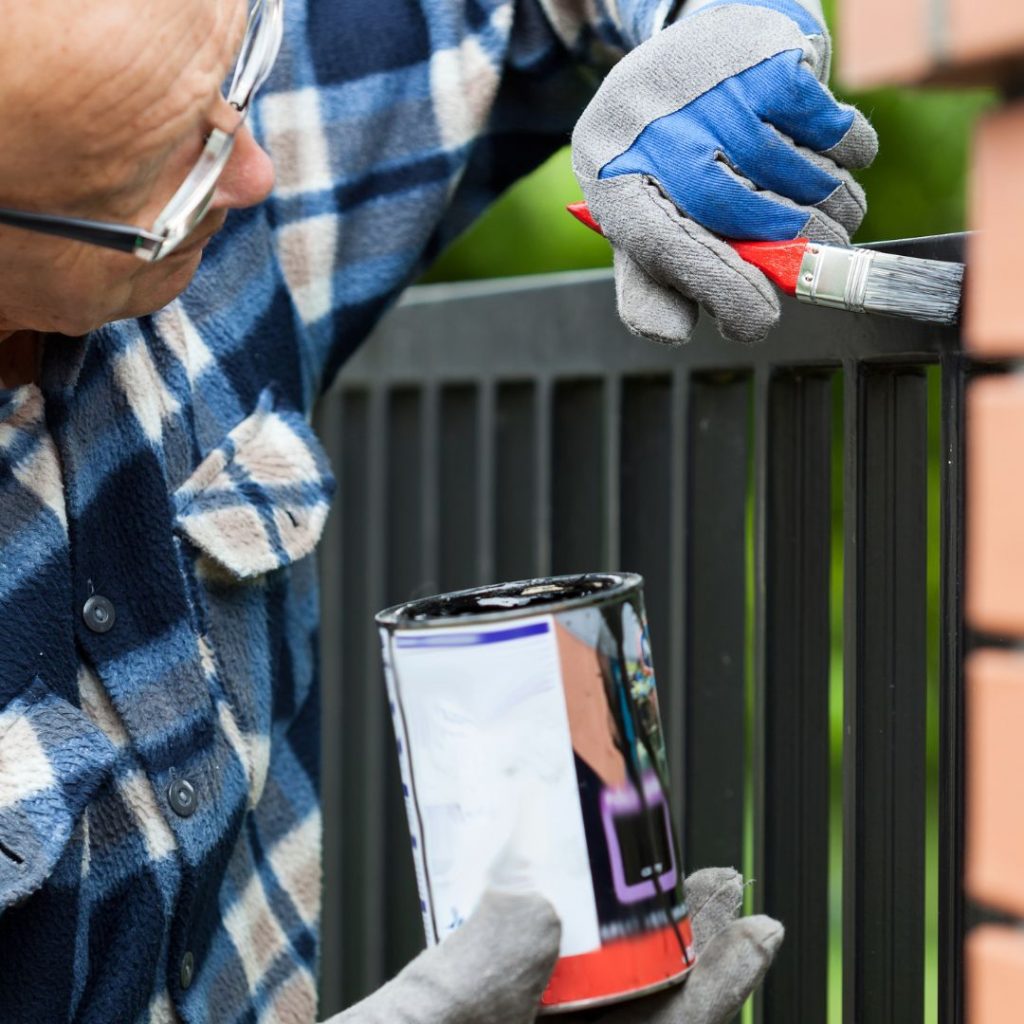
Finally, you should be sure to check any local regulations regarding coloring. Most residential areas have rules about the types of finishes and the color that can be used on fences. Generally speaking, you will need to choose a color that complements the area and does not clash with neighbors’ properties.
By understanding these regulations, you can make sure that your metal fence meets all local criteria and provides you with the security and privacy you seek. We hope this video has been helpful in providing information about installing a metal fence in your residential area.
